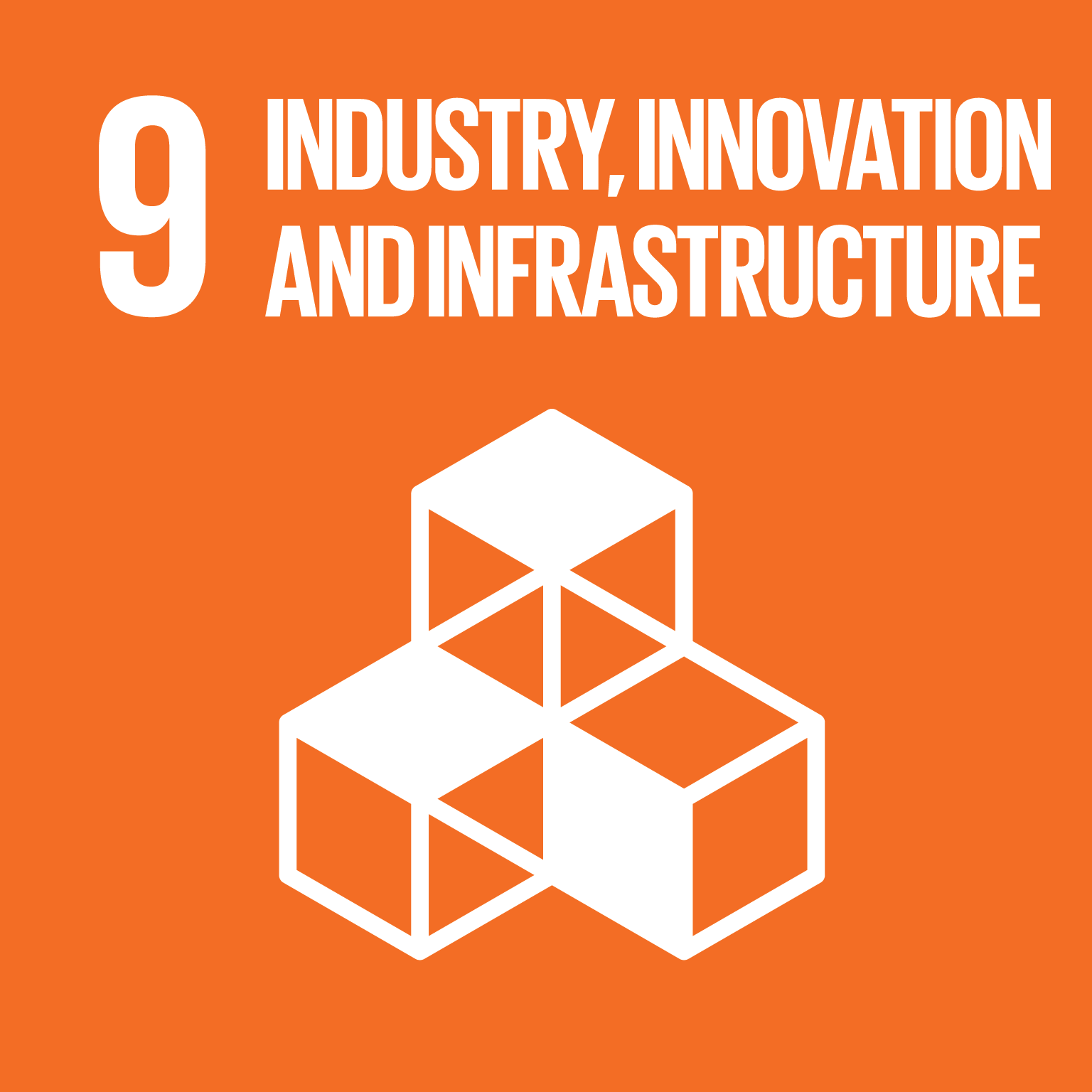In the globalised world, global value chains (GVCs) have been the key facet of international trade and foreign direct investment (FDI) where the production process is vertically separated two or more stages of the production process across two or more countries, involving extensive outsourcing and creating cross-border production networks.
In this integration a country no longer needs to specialise in the production of an entire product, being able instead to focus on some specific and narrow segments where it has a comparative cost advantage. As a consequence, there has been a rapid increase of cross-border trade and investment, linking a diverse set of countries specialising in different stages of production. CID researchers examine various policy-oriented issues of GVCs in the broad them of trade, industry and innovation. The experts have extensive research networks and excellent track records of publishing in the leading journals. Their expert opinions have been solicited by various international organisations such as the United Nations Economic and Social Commission for Asia and Pacific (UN-ESCAP) in Bangkok, the Asian Development Bank (ADB) in Manila, ADB Institute (ADBI) in Tokyo, and the Economics Research Institute for ASEAN and East Asian countries (ERIA) in Jakarta.
Lead: Bilgehan Karabay
Other researchers: Longfeng Ye
SDG alignment

Recent Publications:
- Avcioglu, S.,Karabay, B. (2019). Search efficiency, wage dynamics and welfare: Economic Modelling, 83, 270 – 286
- Karabay, B. (2017). Optimal Regulation of Multinationals under Collusion: World Economy, 40, 1687 – 1706
- Celik, L.,Karabay, B. (2016). Veto players and equilibrium uniqueness in the Baron-Ferejohn model: Theory and Decision, 81, 33 – 52
- Celik, L.,Karabay, B.,McLaren, J. (2015). When is it optimal to delegate: The theory of fast-track authority: American Economic Journal: Microeconomics, 7, 347 – 389
- Yamashita, N.,Yamauchi, I. (2020). Innovation responses of Japanese firms to Chinese import competition: World Economy, 43, 60 – 80
- Yamashita, N.,Yamauchi, I. (2019). The effects of offshore production on onshore innovation: Evidence from Japanese multinationals: Research Policy, 48, 1 – 2
- Ye, L.,Robertson, P. (2019). Hitting the Great Wall: Structural change and China's growth slowdown: China Economic Review, 56, 1 – 19
- Madsen, J.,Robertson, P.,Ye, L. (2019). Malthus was right: Explaining a millennium of stagnation: European Economic Review, 118, 51 – 68
- Ye, L.,Robertson, P. (2018). How Important was Labor Reallocation for China's Growth? A Skeptical Assessment : Review of Income and Wealth, 64, 828 – 852


